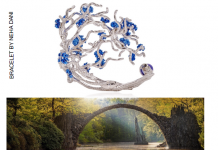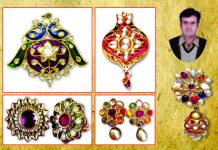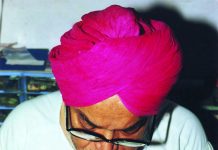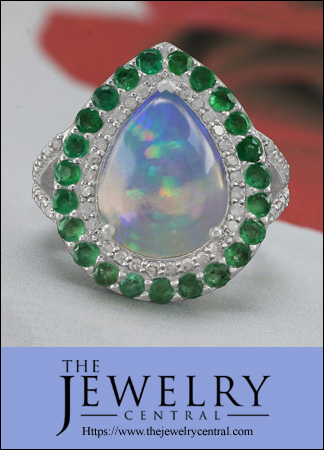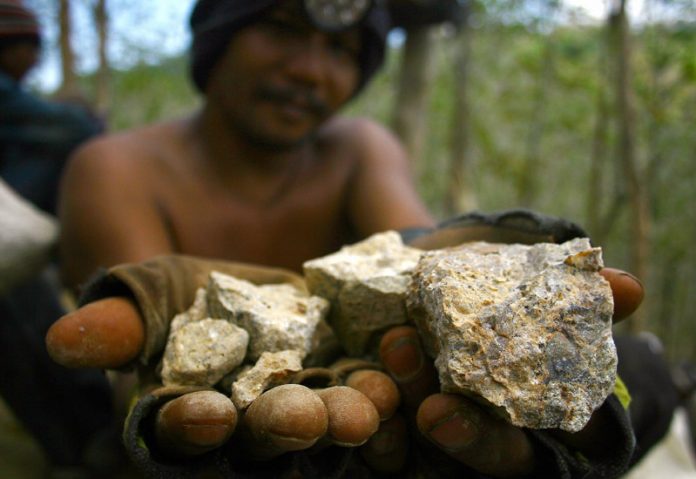
In a report scrutinizing the hidden cost of jewellery 13 major players in the industry, Human Rights Watch has said many companies rely too heavily on trade watchdog, the Responsible Jewellery Council, which offers a “weak assurance” that ethical practices are actually being met.
‘The Hidden Cost of Jewellery: Human Rights in Supply Chains and the Responsibility of Jewellery Companies’ report examines how brands such as Pandora, Cartier and Tiffany & Co, address human rights risks in the gold and diamond supply chain.
While the report reveals some of the top jewellery firms do take important steps to meet international responsible sourcing standards, many are “over-reliant” on the Responsible Jewellery Council (RJC) for their human rights due diligence, with Human Rights Watch warning the watchdog offers a “weak assurance”.
The report states: “The RJC has positioned itself as a leader for responsible business in the jewellery industry, but has flawed governance, standards, and certification systems. Despite its shortcomings, many jewellery companies use RJC certification to present their gold and diamonds as ‘responsible’. This is not enough.”
Founded in 2004 by 14 companies and trade associations, the RJC has more than 1,000 members across the jewellery supply chain, from mining companies to major brands and retailers.
RJC members commit to and are audited against the Code of Practices, a standard that outlines responsible business practices for the jewellery supply chain; companies can also join an additional optional standard, the Chain-of-Custody Standard.
The Human Rights Watch however says membership of the RJC is “no guarantee” that a company’s jewellery is responsibly sourced. The report states: “The RJC’s governance, standards, and system of audits are flawed, allowing companies to be RJC-certified even if they fail to meet basic human rights standards.”
It continues: “The RJC board is composed solely of 25 industry representatives from different positions in the supply chain, from mine to retail. The board appoints the chief executive officer, approves new or revised RJC standards and certification models, and takes other key decisions. The RJC consults civil society and other actors and includes civil society representatives on its standard-setting committee, but is essentially an industry body. Its decision-making bodies do not include consumer groups, representatives of mining communities (for example, organizations addressing land rights or environmental harms), trade unions or miners’ associations, or human rights nongovernmental organizations (NGOs).”
After examining the RJC’s Code of Practices, the Chain-of-Custody Standard, and its auditing process, Human Rights Watch concludes the watchdog provides “little assurancre” that a company’s products are responsibly sourced.
The report states: “Human Rights Watch (HRW) research has shown that certified RJC members can source gold or diamonds mined under abusive conditions, even as they were deemed compliant with the RJC’s standards.”
RJC’s Code of Practices is currently under review, and a new version of the Code—announced for the end of 2018—is expected to include more specific requirements for human rights due diligence as spelled out in the OECD Due Diligence Guidance.
Professional Jeweller has contacted the RJC for comment, and is awaiting a response.
News Source : professionaljeweller.com
Disclaimer: This information has been collected through secondary research and TJM Media Pvt Ltd. is not responsible for any errors in the same.

